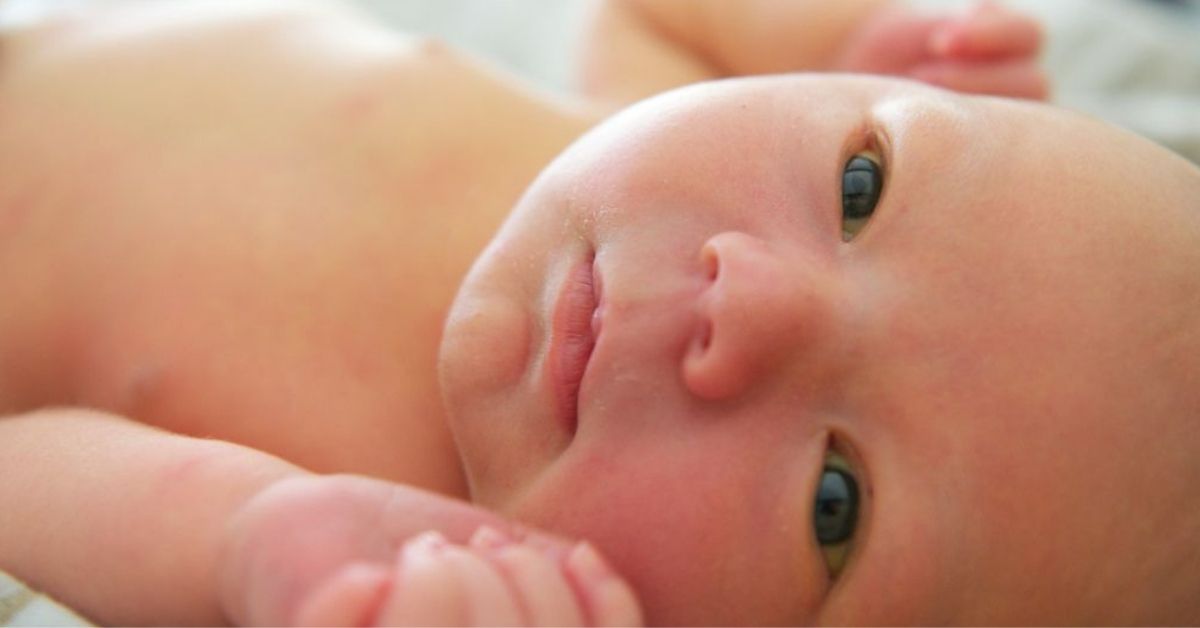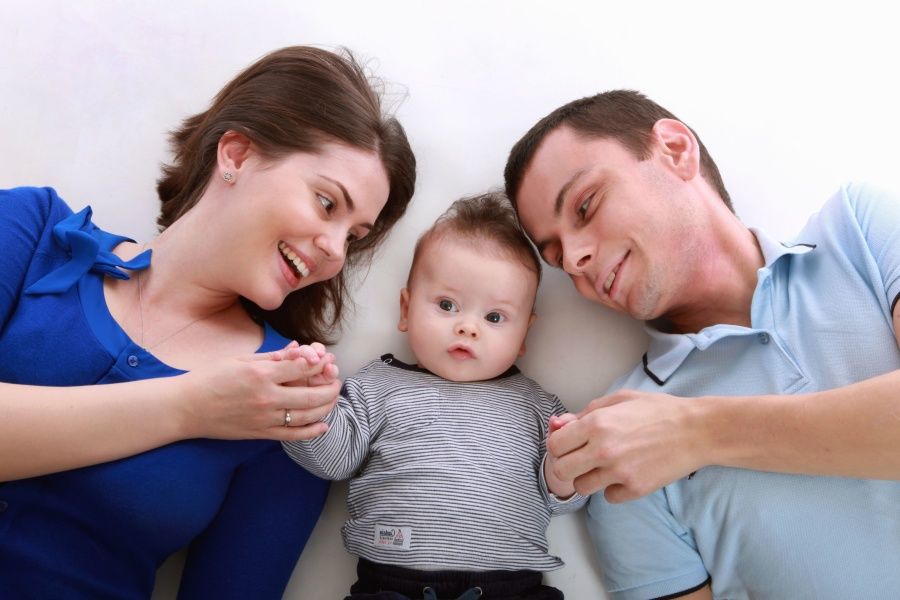Every good parent's main goal is to raise a child that will someday grow into a healthy, happy and successful adult.
From enrolling them in extra-curricular activities to limiting their screen time, mothers and fathers will adopt their own unique parenting strategies to ensure that their child is nurtured in a way that will set them up to become smart, high-achieving members of society.
However, the reality is that no matter how hard you try to influence your child's abilities, there are some things that are simply out of your control.
A study conducted by a group of researchers at Edinburgh University found that when it comes to a person's intelligence nature seems to trump nurture.
While looking into the link between IQ, genes and overall health, the scientists discovered that there are shared genetic influences between cognitive skills, brain size, body shape and educational attainments.
In simpler terms, physical attributes, such as the size of a baby's head, could indicate how smart they will be when they grow older.
According to the results obtained by looking at data from 100,000 participants between the ages of 37 and 73, babies born with big heads are more likely to be intelligent later in life.
The team of scientists analyzed blood, urine and saliva samples as well as the participants' lifestyle habits and backgrounds before coming to this interesting conclusion, which has since been published in the Journal of Molecular Psychiatry.
"Highly significant associations were observed between the cognitive test scores . . . and many polygenic profile scores, including intracranial volume, infant head circumference and childhood cognitive ability," the researchers wrote.
Other perks that come with having a big head as a baby include having a higher chance of getting better scores on verbal-numerical tests and obtaining university degrees.
"The study supports an existing theory which says that those with better overall health are likely to have higher levels of intelligence," researcher Saskia Hagenaars added.
So how do you know what qualifies as an above-average head size?
According to Parents.com, the average baby is born with a head circumference of about 13.5 inches, but expect it grow to at least 15 inches within the first month.
Boys tend to have slightly larger heads than girls, but the average difference is less than half an inch.
So a baby with measurements bigger than the numbers mentioned above is considered big-headed and could grow up to be very smart.
Of course, in some rare cases a large cranium could indicate a physical or developmental disability, but Today's Parent says there is no need to worry if your baby has been cleared by the doctor.
"A large cranium could simply be a reflection of a bigger-than-average-headed mom or dad. One thing is for certain, it's not an indication of a learning disorder or disability," they explained.
Aside from a big head, there are other signs that could indicate your child may be a gifted, including having a large vocabulary at a young age, strong motor skills, ability to recall past memories clearly, preference to hang out with older people and extreme curiosity.





